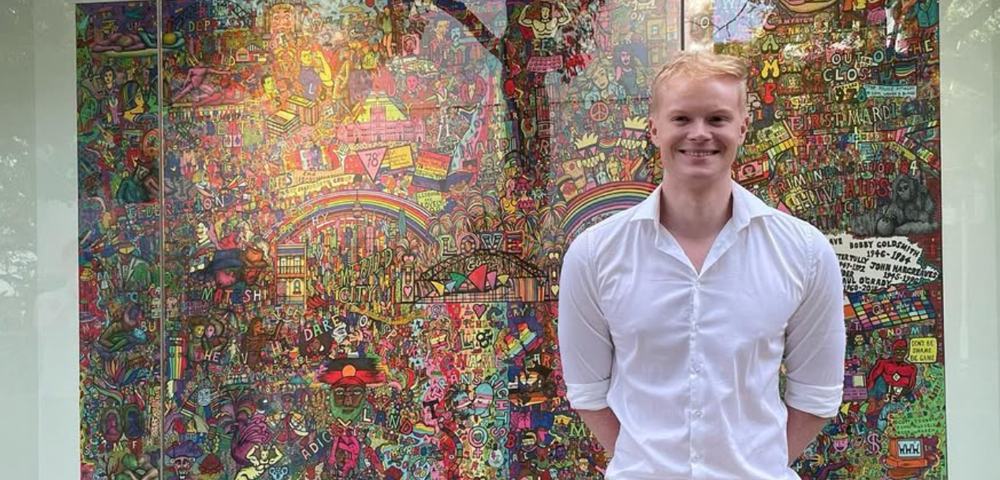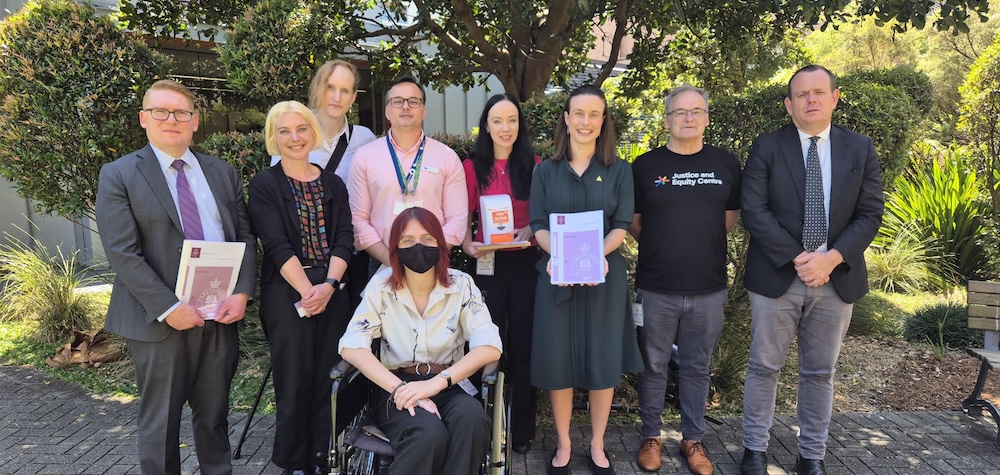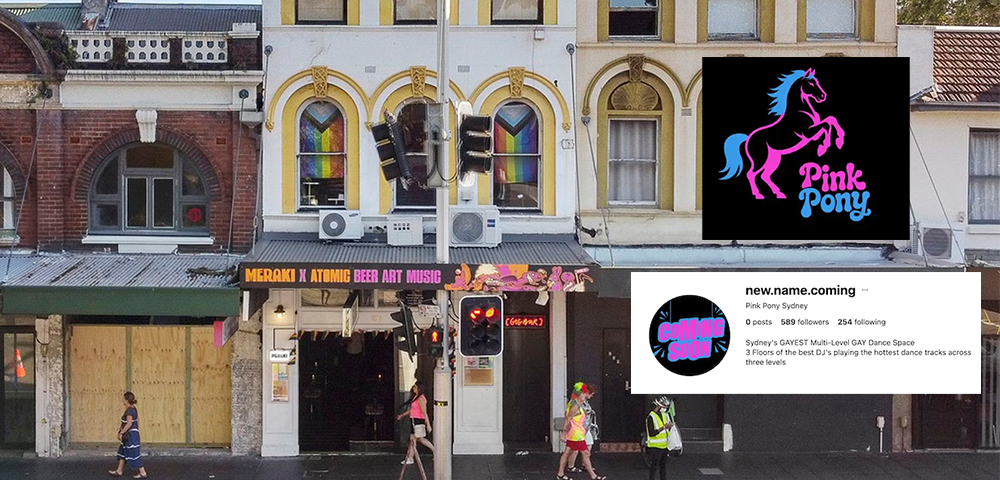
Alcohol-related violence
With all the attention that methamphetamine or crystal has received in recent times in accident and emergency departments, it is easy to forget the worst drug-related problems frontline health workers see actually stem from alcohol. Some studies have estimated that 10-18 percent of injured patients attending emergency departments are alcohol-related cases.
Worldwide there are approximately 5.2 million deaths from injuries every year and non-fatal injuries account for about one-tenth of the global burden of disease. Injuries may be divided into two categories: unintentional injuries, including road traffic accidents, drowning, burns, poisoning and falls; and intentional injuries, which result from deliberate acts of violence against oneself or others.
Alcohol is consumed by large proportions of adults in most countries around the world. Though not causing significant problems for most drinkers, alcohol use is associated with numerous negative consequences for the drinker and for the wider community at large. Globally alcohol causes 3.2 percent of all deaths or 1.8 million deaths annually and accounts for four percent of disease burden. Of the total number of alcohol-attributable deaths, 32 percent are from unintentional injuries, and 14 percent are from intentional injuries. This means that about half of the deaths attributable to alcohol are from injuries.
There is much talk at the moment about homophobic violence increasing on Oxford Street. Although we have no hard data to indicate this is linked to alcohol, it would be difficult not to believe at least some of this type of behaviour is alcohol-related. There is a wealth of data that shows that alcohol-related youth violence in nightlife settings, such as Oxford Street, places huge burdens not only on individuals but the community itself.
Although many nightlife assaults do not result in serious physical injury, alcohol involvement can increase the severity of injuries sustained. In Wales, 72 percent of assault patients presenting at an accident and emergency department on a weekend had some form of facial injury. Figures from the UK show that eight percent of facial injuries sustained in assaults were inflicted by glass or bottles, potentially causing permanent scarring and emotional and psychological trauma.
Alcohol is a huge part of the Australian culture, and plays a very significant role in how many gays and lesbians socialise. The part that alcohol plays in making our community a less safe environment is often forgotten. If you are out on the weekend make sure you protect yourself as much as possible. Look after yourself and your friends by sticking together, catching public transport to get home and, if you do have to walk, stick to the main roads where there are plenty of people around. Of course, there are no guarantees, but avoiding high risk situations will go at least part of the way to keeping you safe.
Remember: if you do not want any negative consequences, do not use the drug and, no matter how many times you have used a substance, never be blas?/p>









